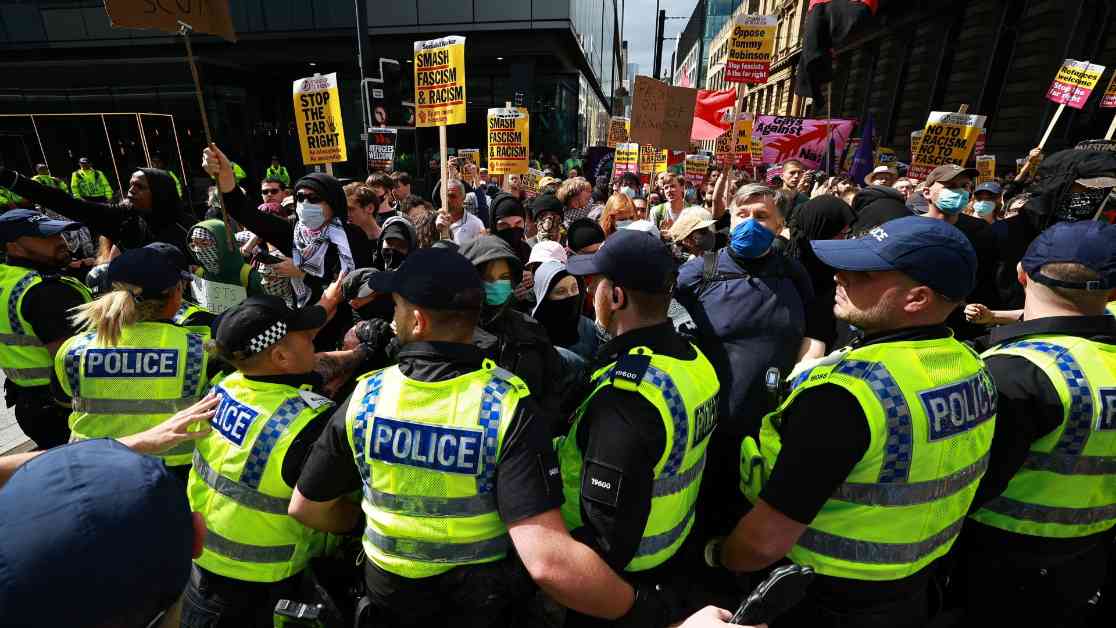The Legal Ramifications of Teenage Boy Jailed for Rioting
In a landmark case that has sparked debate and controversy, a 15-year-old boy has been sentenced to four months of detention for his involvement in a riot following the Southport killings. This case has raised questions about the legal consequences for minors involved in such activities and the broader implications for society.
The teenager, whose identity remains protected due to his age, was found guilty of participating in an anti-immigration march where he threw a bottle at police officers and a chair at a stationary police vehicle. The incident occurred near a hotel housing asylum seekers, adding a layer of complexity to an already volatile situation.
It is crucial to understand the legal framework surrounding juvenile offenders and the sentencing guidelines in cases of this nature. While the boy in question had no prior criminal record, his actions during the riot led to a significant legal outcome that will impact his future.
The Impact on the Community
The aftermath of the riot in Southport has left a lasting impact on the community, with residents expressing shock and dismay at the events that unfolded. The presence of a teenager among the rioters has added a new dimension to the discussion, raising concerns about the influence of peer pressure and societal issues on young individuals.
The involvement of a minor in such a tumultuous event has prompted a reevaluation of how we address juvenile delinquency and the underlying causes that lead young people to engage in criminal behavior. It is essential to consider the broader context in which these incidents occur and to implement strategies that address the root causes of violence and unrest.
Lessons Learned and Moving Forward
The case of the teenage boy jailed for rioting serves as a sobering reminder of the consequences of reckless actions and the importance of accountability. While the boy expressed remorse for his participation in the riot, the legal system deemed it necessary to impose a sentence that reflects the severity of his actions.
Moving forward, it is crucial for society to support the rehabilitation and reintegration of juvenile offenders to prevent recidivism and promote positive behavior. By addressing the underlying issues that contribute to delinquency, we can work towards creating a safer and more inclusive community for all.
In conclusion, the case of the teenage boy jailed for rioting after the Southport killings highlights the complex challenges faced by young individuals in today’s society. It is essential for us to approach juvenile delinquency with empathy and understanding while also holding individuals accountable for their actions. Only by working together can we create a safer and more just society for future generations.

